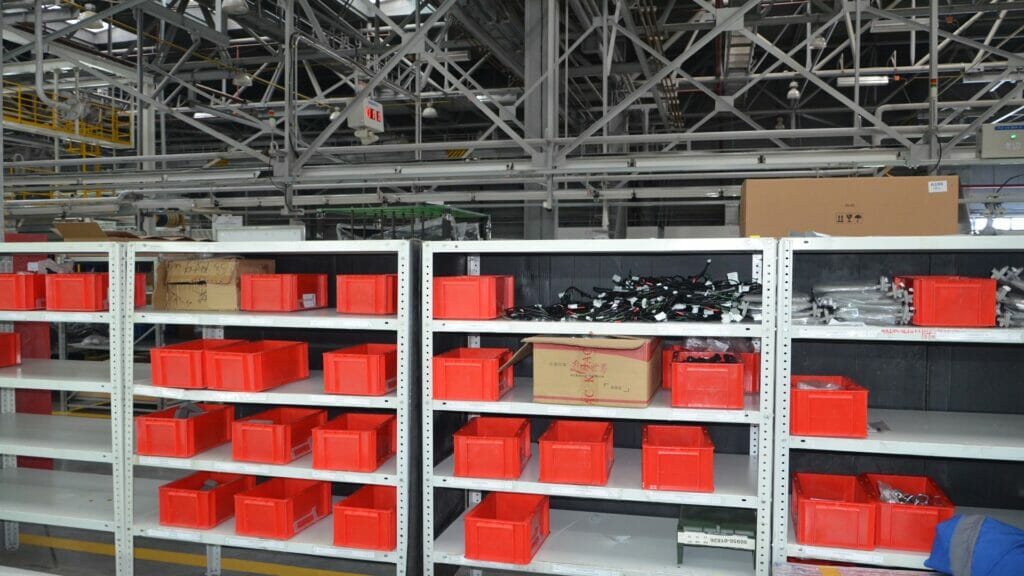Kazakhstan reports shortage of warehouses due to parallel import to Russia

CIS countries struggle with a lack of warehousing because of parallel trade with Russia / Kursiv.media
Kazakhstan, Belarus, Kyrgyzstan, Georgia, Armenia and Tajikistan reported a twofold increase in demand for warehousing due to growing parallel imports to Russia, according to Kommersant, a Russian business outlet.
Russian companies have been showing interest in warehouses across the CIS since 2022, when Western countries imposed their sanctions on Russia and these entities had to find new routes for imports. By now, Russia has been importing foreign goods and exporting its products via Kazakhstan, Belarus, Kyrgyzstan and Uzbekistan. The Federal Customs Service of Russia reported that over the period from March to December 2022, the amount of parallel imports reached $20 billion.
According to Eugene Makarov, vice president of Noytech Supply Chain Solutions, some international companies have been considering operations in the CIS as an opportunity to continue to trade with Russia. For instance, Noytech Supply Chain Solutions is trying to develop new projects that can allow the company to import a wide range of goods to Russia via its CIS neighbors.
NF Group, a consulting firm from Russia says that Russian businesses, mostly big e-commerce retailers and logistical operators, show huge interest in warehouses as they request about 400,000 square meters of warehousing property, twice as much as they requested before. The key drivers of this demand are big online retailers and logistic operators. According to Alexander Perfilyev, commercial director in Ghelamco, the two largest online retailers in Russia (Wildberries and Ozon) account for 80% of these requests.
In December, Wildberries announced a deal with Kazakhstan’s authorities and was expected to get two warehouses and land parcels in Astana and Almaty. The company also said that it is constantly looking for new warehouses to make delivery as fast as possible. Wildberries wants such warehouses in Belarus, Kazakhstan, Uzbekistan and other countries.
For example, earlier this year Ozon opened a new 10,000-square-meter fulfillment center and office in Bishkek, Kyrgyzstan. This helped the company to speed up deliveries by 150% on average.
«The marketplace has run logistical infrastructure in Belarus, Kazakhstan and Kyrgyzstan since 2021. This factor has contributed to a 50% increase in merchants from these countries and lowered delivery costs,» Alexey Sapon, operational director of Ozon in the CIS said.
As a result of the high demand for warehouses, the CIS countries report shortages of such property. According to Konstantin Fominenko from NF Group, there is almost no available warehousing property in Kazakhstan, Georgia, Armenia, Kyrgyzstan and Tajikistan. Belarus reported 2.8% out of 1.6 million square meters of working warehouses, while Uzbekistan reported 4.5% of free space out of 207,000 square meters of warehousing. In total, CIS countries have about 3.3 million square meters of warehouses, which is 11.5 times less than Russia.
Anton Alyabyev from CORE.XP believes that Russian companies can build new warehouses in any CIS country. They can’t just order the construction of such a facility because there are no professional developers of logistics parks in the region. However, even in this case, Russian companies would need well-prepared construction sites, which aren’t in abundance in CIS countries either.

